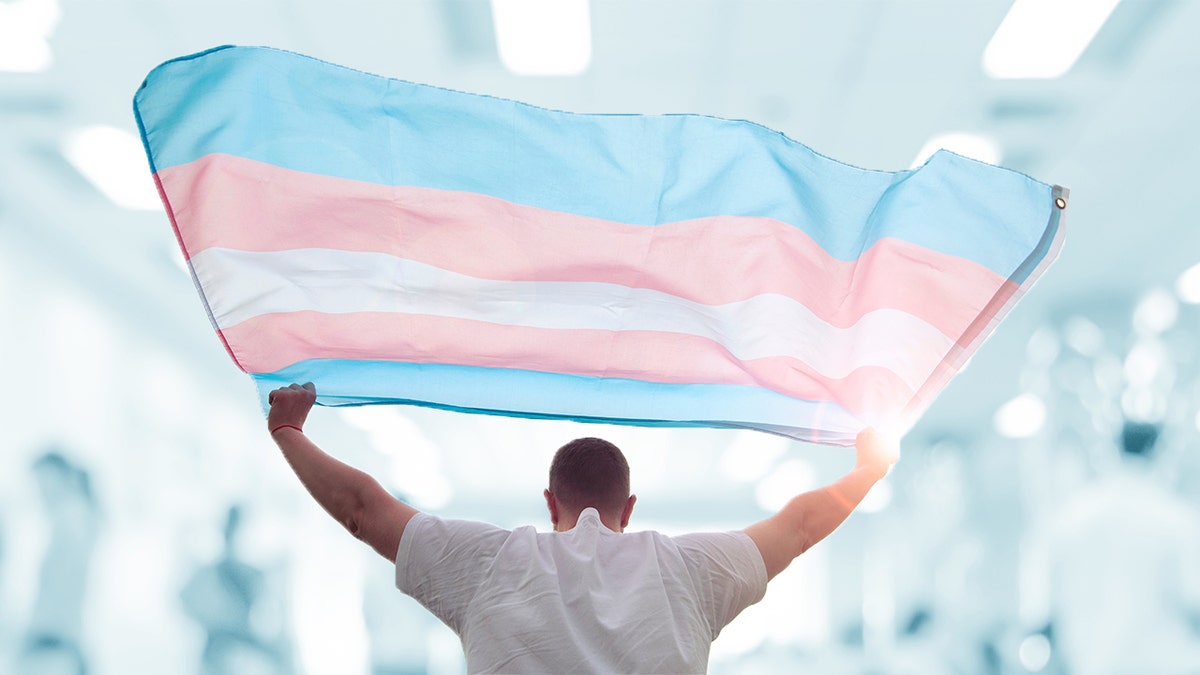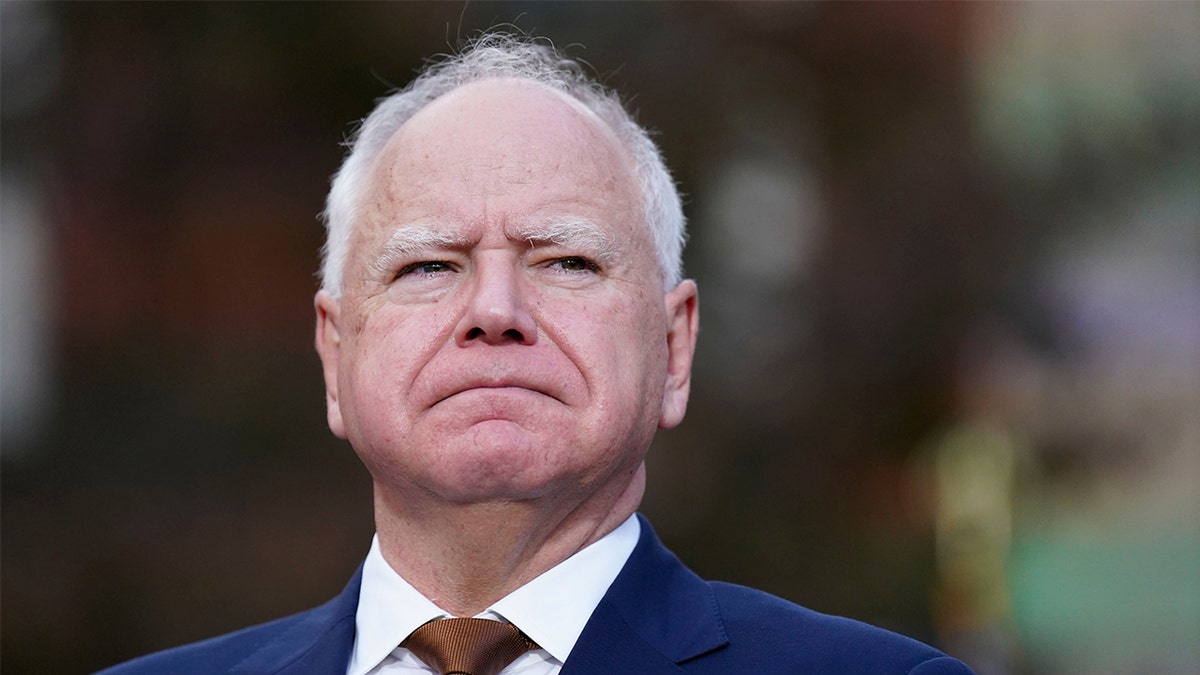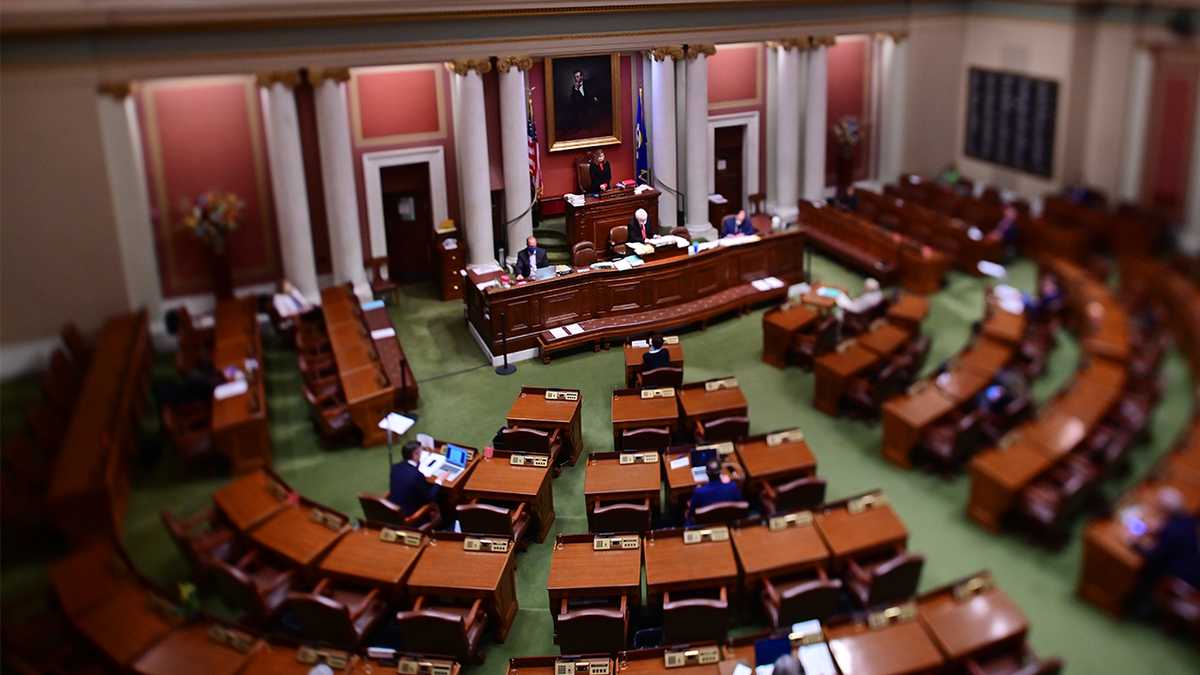A proposed bill in Minnesota seeks to bar transgender girls from participating in female school sports, sparking debate and highlighting the ongoing national conversation around transgender inclusion in athletics. The "Preserving Girls' Sports Act," or HF12, would restrict participation in girls' sports to "female students" only.
During a House Education Policy Committee hearing, several individuals testified, sharing stories of alleged negative impacts of transgender athletes on girls' sports. One mother recounted her 11-year-old daughter's experience of suffering a broken wrist after an encounter with a male athlete, while a young volleyball player expressed concerns about competitive fairness, referencing a friend's experience with a taller transgender opponent on the national team.
This bill has drawn criticism from those who argue it promotes discrimination against transgender individuals. State Rep. Alex Falconer voiced concerns about the potential for increased scrutiny of students' gender identities and the negative mental health implications for transgender youth. He argued that the bill could deny children the opportunity to find belonging and purpose within school sports teams, potentially exacerbating existing mental health challenges faced by this vulnerable population.

The bill's advancement to the House of Representatives for a floor vote sets the stage for a potential showdown with Governor Tim Walz, a known supporter of transgender rights. Walz's daughter previously gained attention for criticizing former President Trump's executive order banning transgender athletes from women's sports. The Minnesota State High School League's refusal to comply with the Trump administration's stance on this issue has also led to a Title IX investigation by the U.S. Department of Education.


The situation in Minnesota mirrors similar debates unfolding in other states. California has seen the introduction of bills aimed at protecting girls' sports, while neighboring Wisconsin has aligned its policies with the Trump administration's position, restricting participation in girls' sports to those assigned female at birth. This ongoing legal and political battle underscores the complex and contentious nature of transgender inclusion in sports, with implications for athletes, schools, and state governments nationwide.








